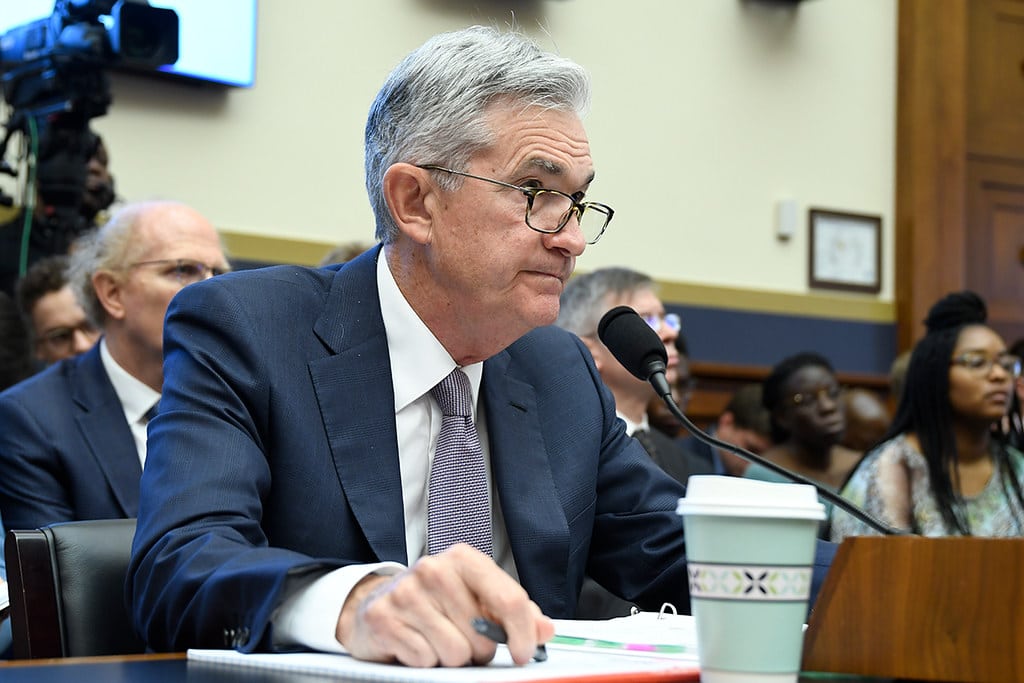The failure of Silicon Valley Bank (SVB) on March 10 was the second largest bank failure in U.S. history. Just two days following SVB’s collapse, Signature Bank joined the record books as the third largest bank failure in U.S. history. First Republic Bank also seemed on the edge of collapse until Bank of America, Citigroup, and other big banks agreed to jointly fund a bailout for it.
Major Swiss bank Credit Suisse was also teetering on the brink when it received a 54 billion dollars line of credit from the Swiss UBS Group last week. Now, UBS is in the process of buying Credit Suisse. Politicians, regulators, and financial “experts” all rushed to assure us these problems were all caused by factors unique to the individual banks and were not a sign of a systemic weakness in the banking system.
The bank failures and near failures caused nervous banks to borrow a combined 164.8 billion dollars in one week from the Federal Reserve’s discount window and the Bank Term Funding Program, a new program created by the Fed to make loans to troubled banks. The Fed created this program even though supposedly there is no systemic problem in the banking industry.
While SVB didn’t receive a bailout, the Federal Deposit Insurance Corporation (FDIC) guaranteed the full amount of all deposits even though Congress set a standard FDIC guarantee on deposits of up to 250,000 dollars. By covering all SVB deposits, the FDIC has created an expectation among depositors at major financial institutions (as well as the institutions themselves) that the government will cover 100 percent of deposits. This will cause both depositors and banks to make investment decisions they typically would not make, thus guaranteeing larger bank failures followed by more bailouts for wealthy depositors.
Some have blamed the current bank failures, along with other signs that the economy is on the verge of a major downturn, on the Federal Reserve’s interest rate increases. It is true the Fed bears responsibility. However, the rate increases are not the problem. The problem is the “easy money” and low or zero interest rate policies the Fed pushed since the 2008 market meltdown, which was caused by the bursting of the Fed-created housing bubble. Federal Reserve manipulation of the money supply distorts interest rates, which are the price of money. This distorts the signals sent to market actors regarding the true value of investing in particular industries. The result is malinvestments in those industries creating a bubble. The bubble will inevitably burst.
The economic downturn that follows the bursting of a bubble is necessary to cleanse the economy of the malinvestments. The correction will not last long and the economy will emerge stronger if Congress, the Treasury Department, and the Federal Reserve refrain from “stimulating” the economy with federal spending and artificially low interest rates. Government interference, however, can create yet another bubble, setting the stage for another crash.
The new wave of bank failures is an indication that the U.S. economy is either in or on the verge of another serious Fed-caused recession. With nations seeking to end the dollar’s status as the world’s reserve currency, the end of America’s disastrous experiment with fiat money, and with it the welfare-warfare state, could be on the horizon. The collapse can be accompanied by civil unrest and greater restrictions on liberty. However, the spreading authoritarianism can also spur a growth in the movement for individual liberty, a free market, and limited government that could make the dark night of authoritarianism a prelude to a new dawn of liberty.































